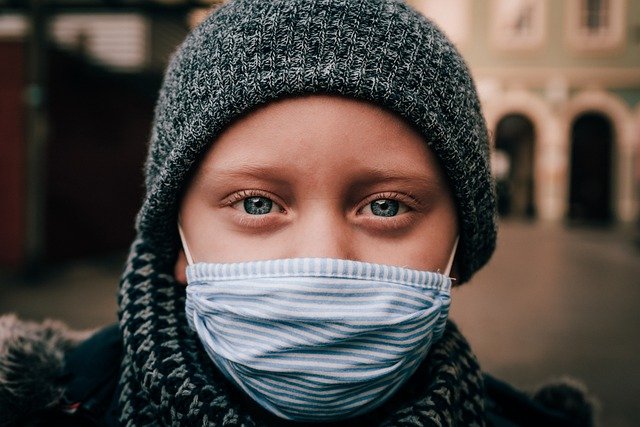A new study supports the belief that COVID-19 immunity lasts at least six to eight months after recovering from the virus. Published in Science Immunology this week, the study examined 25 patients in recovery from the coronavirus.
The study found that memory B cells, which produce antibodies, continued to rise in the blood for 150 days after infection and remained high until the 240-day point. However, antibodies were found to drop at 20 days after infection before picking up again.
Meanwhile, researchers in two other studies found that people who produced antibodies for the coronavirus were much less likely to test positive again for up to six months and maybe longer. According to the study, this bodes well for vaccines, as they are used to provoke the body into producing antibodies.
Another study published by the New England Journal of Medicine involved more than 12 500 health worker participants from the Oxford University Hospitals in the United Kingdom.
Among the 1 265 who had coronavirus antibodies at the outset, only two had positive results on tests to detect active infection in the following six months. Neither of the two health workers who were COVID-19 positive developed symptoms.
That contrasts with the 11,364 workers who initially did not have antibodies. A total of 223 of them tested positive for the infection in the six months that followed.
The results showed that people with antibodies from natural infections were at a much lower risk for reinfection.
Picture: Pixabay

